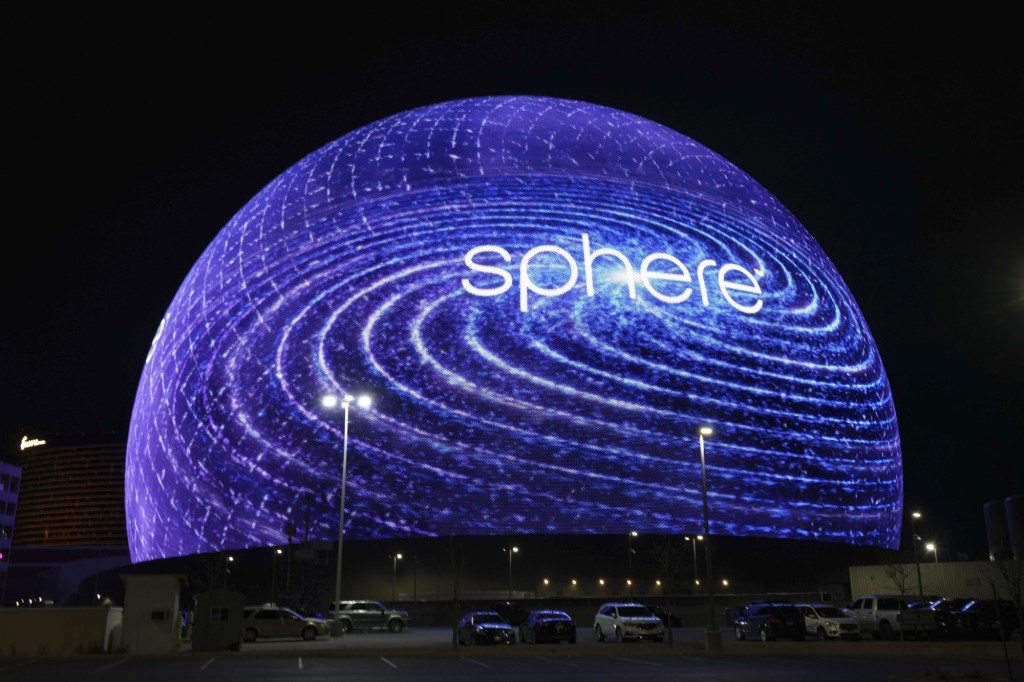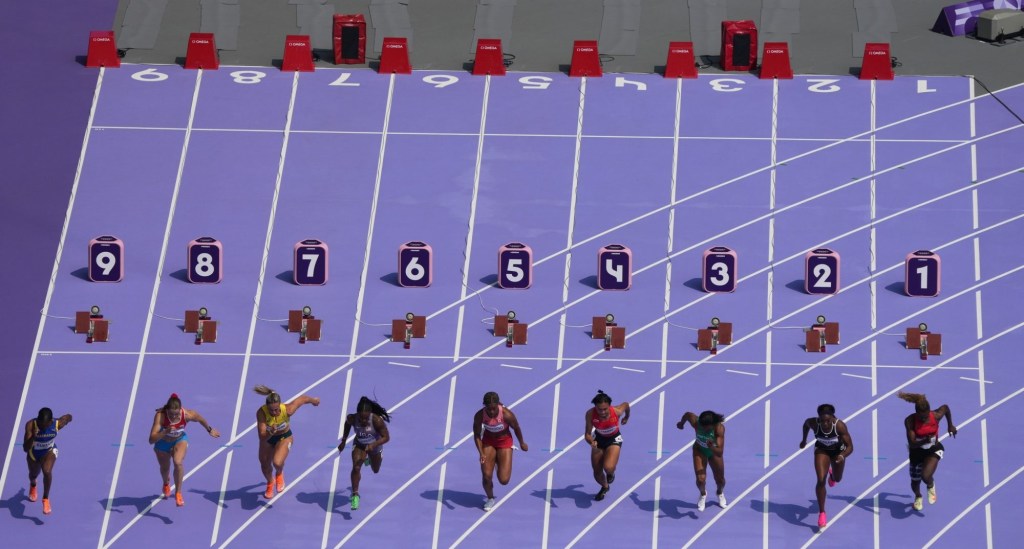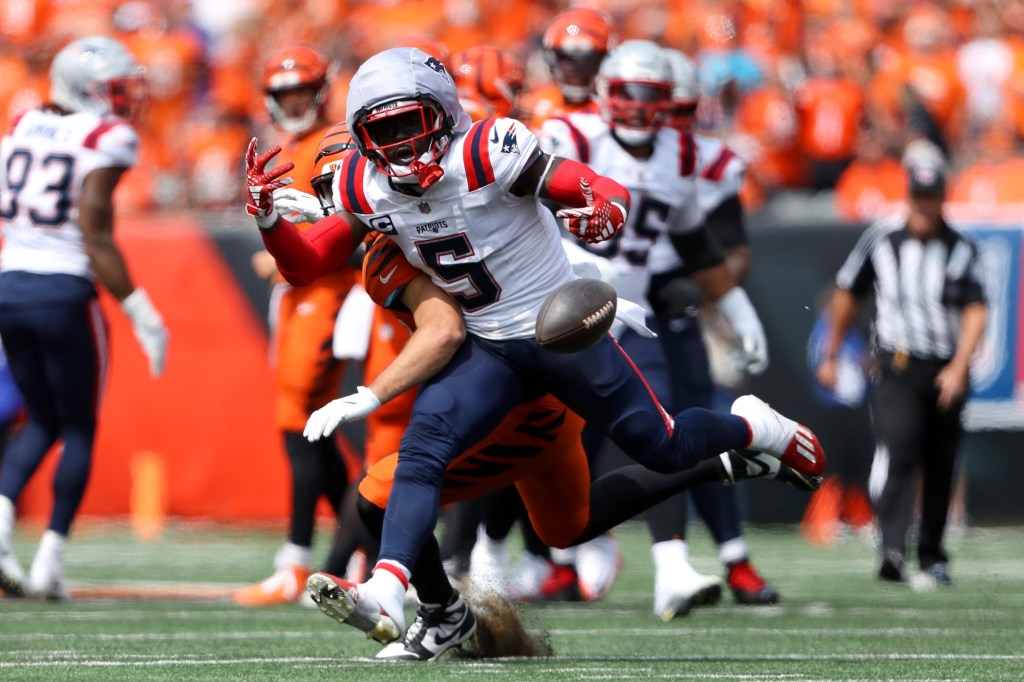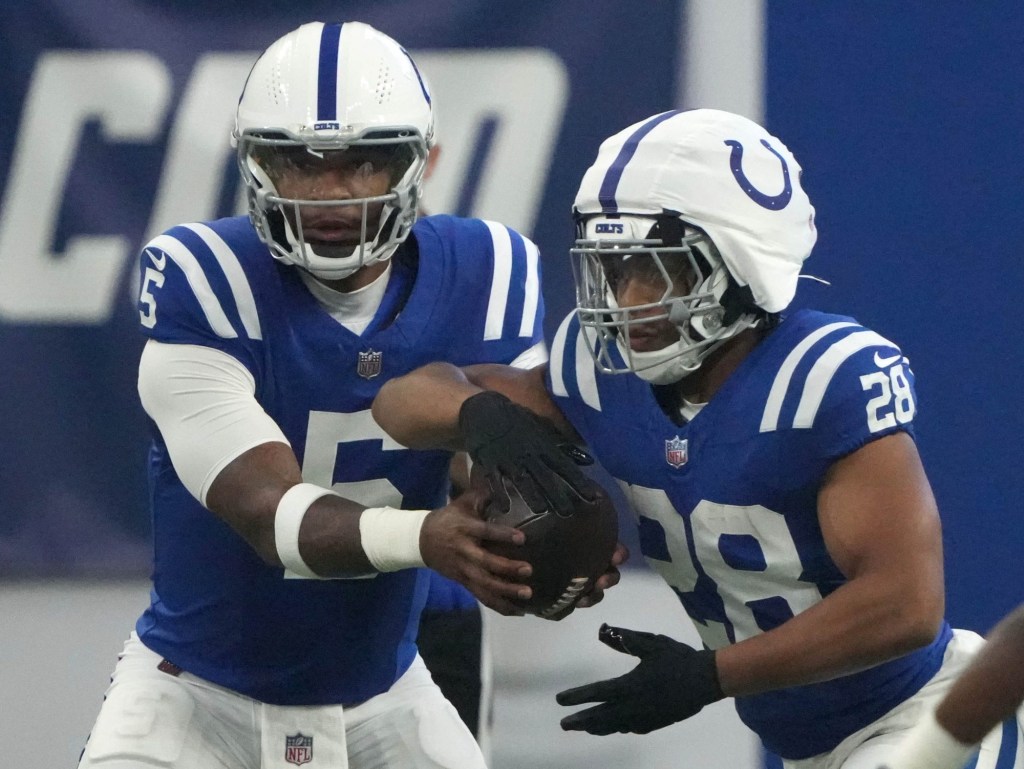
The sports industry has a fever, and the only prescription is more data. At least that is what is being said at every conference, in every newsletter, and in every publication over the course of the last six months.
With the rise of the need for data to help with decisions from how teams should run promotions to who is sitting where, companies who are able to cut through the clutter and deliver streamlined experiences are now at a premium.
One of those companies is StellarAlgo, the brainchild of Vince Ircandia, the former SVP of business operations for the Portland Trail Blazers.
[the_ad_group id=”948″]
If anyone knows data, it’s Ircandia, who spent just over three years with the Blazers before founding StellarAlgo. An analytics buff through and through, Ircandia has seen how the industry has evolved in just a few short years.
“I started my time in analytics related roles on the business side of sports when analytics was really in its infancy,” he said. “We were starting to use data for things like dynamic pricing at that time, starting to try to understand our customers a little bit better.”
It was the early days of analytics that helped Ircandia realize just how important they were, but how tough it became to manage everything.
“When I was with the Trail Blazers, we were trying to make sense of all this data that we had. What I found is I would go to league meetings and hear about how everybody was starting to aggregate this data into data warehouses, but they weren’t necessarily doing anything to action it. Because nothing really existed, we were really doing things manually.”
So, after spending his time with the Blazers, Ircandia decided it was time to create a product that solved all of the problems he had working for the team. Enter StellarAlgo.
“I started the company two years ago, and what I was finding across the industry was just a lot of manual data analysis needed and with the data growing more quickly, with fans being busier than ever, you don’t have time to be doing these kinds of manual analyses in order to identify the right fans message at the right moment. It needs to be actionable, it needs to be automated and you need to have a feedback loop to understand whether the actions you’re taking on the data are actually making a difference.”
With StellarAlgo, Ircandia wants to solve all of that.
The technology is broken down into modules that allow teams the opportunity to pick and choose what they may want to see and how they may want to quantify it.
For example, a team like the Blazers could see where a fan is in the customer lifecycle by logging into StellarAlgo’s customer lifecycle module. Or, they could go through the demand module to see what ticketing demand is on both the primary and secondary market.
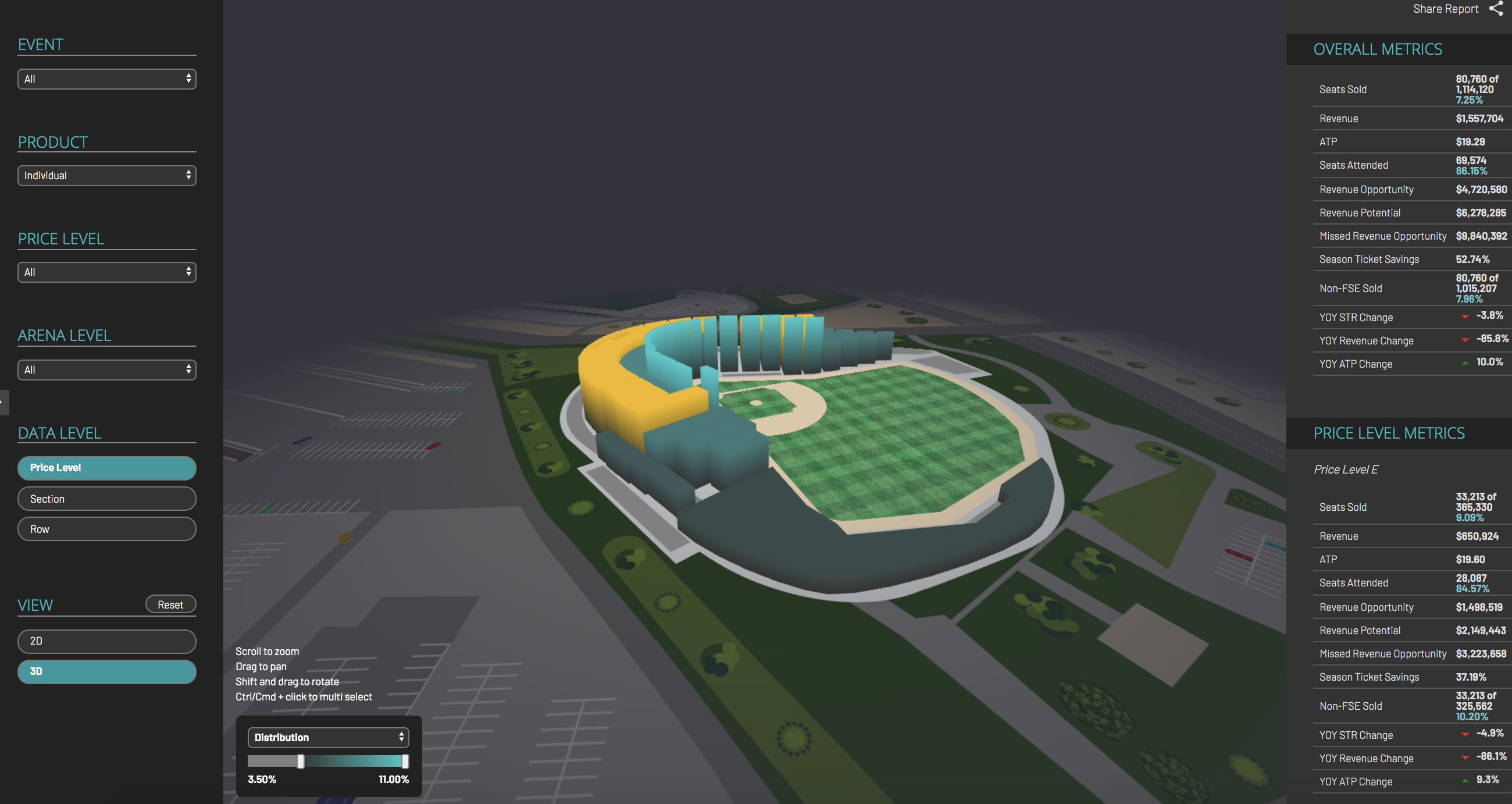
A look at one of the modules inside the technology. (Image via StellarAlgo)
Because of this flexibility, StellerAlgo can help teams set ticket prices and even predict whether or not a season-ticket holder may be coming back based on the data it has collected.
“We’re able to predict things like if a season-ticket holder is at risk of not coming back,” said Ircandia. “We’ve been able to very accurately predict season ticket holders who might not come back or who is potentially a good candidate for the next generation season ticket holder.”
All of this work and investment from teams is because they are interested in painting the most complete picture of a fan possible. Something that even five years ago may have not been possible.
“Historically, properties only knew around 30 percent of who’s in the venue at any given time,” mentioned Ircandia when talking about the challenges facing teams. “Digital ticketing initiatives are now allowing the sports franchises to start de-anonymizing a lot of the fans that are in their venue and we are positioned to leverage that additional data.”
For teams to be able to put their data into action, Ircandia and his team are making an investment in machine learning, with the hopes that the tech will allow for the automation and speed needed to quickly pivot in a world where consumer behavior changes by the day.
[mc4wp_form id=”8260″]
“We really think the future world has to be able to make things actionable, in an automated fashion and then understand the results so you can quickly pivot. Systems are just going to continue to get smarter and people are an important part of that process. They need to be actioning on the data that comes through. It can’t be as manual of an exercise as it is today because opportunities are being missed.”
If done right, as the shift towards a data-driven industry continues, companies like StellarAlgo will play a large role in shaping both innovation and decision-making of the 21st-century sports organization.









